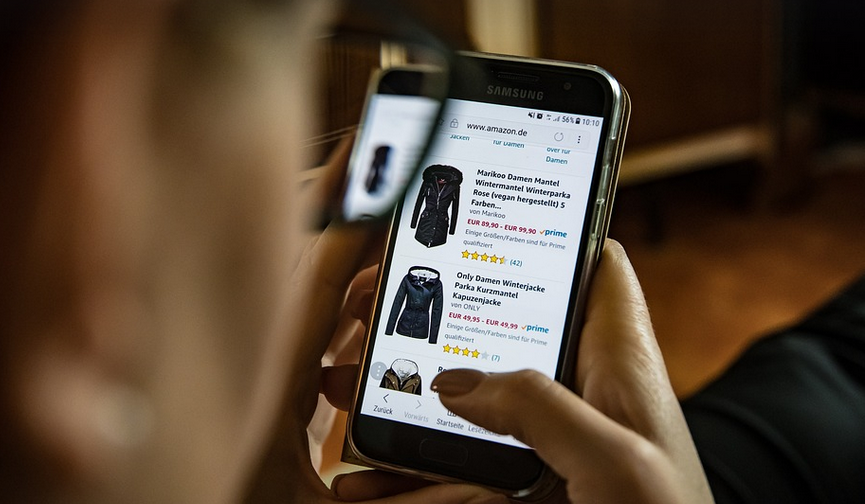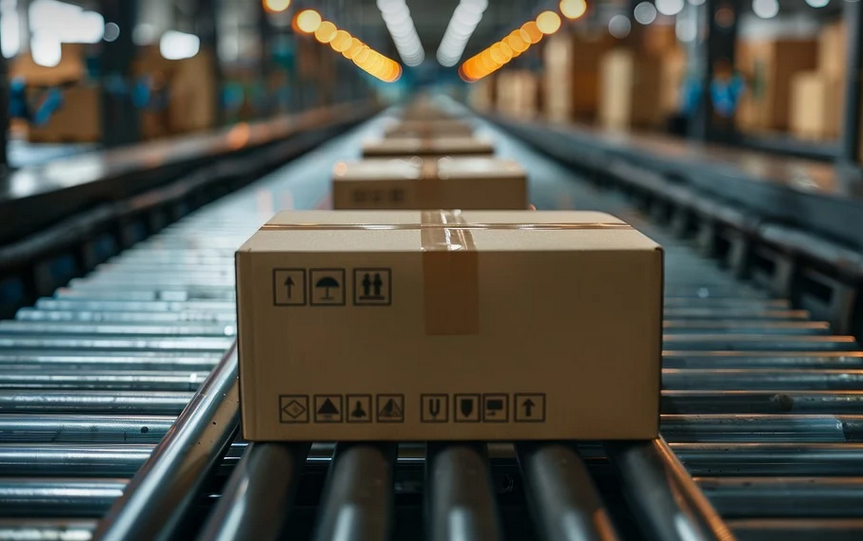Need An Ein? Here's The Deal With Business Licenses

Get Your Business in Shape for Taxes and Beyond
So, you’ve got a business idea bubbling to life in 2024, and you’re ready to tackle the world! You know your passion, you know the market, and now you want access to some serious resources – like opening a bank account and getting that sweet, sweet tax ID number. Well, there’s good news; the process of securing an Employer Identification Number (EIN) is relatively straightforward, but understanding the relationship between your EIN and business licenses is key.
Think of your EIN as your official business passport to the financial world. It’s a unique nine-digit identifier that lets you open bank accounts, apply for taxes, hire employees, and even register with certain government agencies. You’ll need this number when dealing with tax filings, making it your legal representative in all those important paperwork moments.
Now, let’s get to the heart of the matter: business licenses. These are local permits issued by municipalities and counties that allow businesses to operate legally within specific areas. Some countries have nationwide licensing requirements, while others rely on state-specific regulations. Think of them as the “official welcome” into your chosen region.
But here’s where it gets interesting: Business licenses are *tied* to your EIN in a fascinating way. The EIN is often the primary identifying factor for obtaining business licenses. It acts like the bridge between your business and those licensing authorities.
So, how does this work? Let’s say you’re opening a bakery in Seattle. You need to register with the city of Seattle, which means getting a local business license that allows your bakery shop to operate legally within those streets and alleys!
The EIN-License Connection: Why It Matters
Getting your EIN is not just about tax filings; it’s a vital step in achieving legitimacy in the eyes of both government agencies and other businesses. It’s like getting your business license to walk into a store, knowing you are allowed to do so.
Here’s why securing an EIN before even thinking about those licenses is good practice:
* **Taxes Made Easy:** An EIN helps streamline tax filings. The IRS treats your business like a legitimate entity, and that means simplified reporting processes for payroll taxes, sales tax, and other obligations.
* **Banking and Finances:** Opening a business bank account requires an EIN. This identifier allows banks to understand the legal structure of your business and facilitates transactions more efficiently. No bank is going to want to hold your funds without knowing who exactly you are!
* **Hiring Employees:** With an EIN, you can officially register your company as a legal entity to hire employees on a payroll basis. This step opens doors for various benefits and insurance programs that companies with an EIN are eligible for.
Think about it: You wouldn’t want to start a business without being registered! A business license ensures you operate within the rules of your jurisdiction, while an EIN is like your company’s ID card in the financial world.
**So, do you *need* both?**
Should You Get Both First?
In short, yes! It’s a smart way to kickstart your business journey and navigate those legal complexities before they even get complicated. Getting your EIN first will streamline the process of obtaining licenses from local authorities.
Don’t underestimate the importance of this! Remember, it’s not just about filling out forms; it’s about ensuring a smooth, lawful, and ultimately successful start for your business in 2024.
**Where to Find Your EIN:**
How to Get an EIN: A Step-by-Step Guide
The process of obtaining an EIN is straightforward and can be done online with the help of the IRS. It’s a simple, quick, and free process.
* **Visit the IRS website:** You’ll find a dedicated application portal on the IRS website. * **Fill out the Application Form:** This form is straightforward and requires basic business details such as your company name, structure (Sole Proprietorship, Partnership, LLC, etc.), and contact information. * **Submit Your Application:** Complete all required sections and submit your application online.
You’ll typically receive your EIN within a few days after submitting your application.
Licenses: A Local Affair
Once you have your EIN, it’s time to explore the licensing landscape. Local authorities will require you to register with them based on industry and location.
Here’s a general overview of licensing considerations:
* **Business Type:** The type of business plays a key role in determining your specific licenses. For example, a retail store might need an “Retail Sales License,” while an online store might require a “Sales and Use Tax Permit.” These details are often available on the local government websites.
Don’t forget to check with your city or county’s business licensing office. They can give you specific guidance on what licenses you need based on your location and industry.
Beyond Licenses: Building a Solid Business Foundation
While obtaining an EIN and securing the right licenses are essential for legal operation, remember that building a successful business is about much more.
Here’s where focus on your business idea comes in. A solid business plan will guide you towards success:
* **Develop a Comprehensive Business Plan:** A clear outline of your goals, target market, financial projections, and strategy is crucial for long-term sustainability. * **Set Up Your Financials:** Open a dedicated bank account to keep your business finances separate from your personal funds. * **Network with Industry Professionals:** Building connections within your field can bring valuable insights and opportunities for growth.
Remember, the journey of your business is just beginning! With proper planning, dedication, and attention to detail, you’ll be navigating the legal landscape with confidence.
Good luck on your entrepreneurial journey in 2024!
